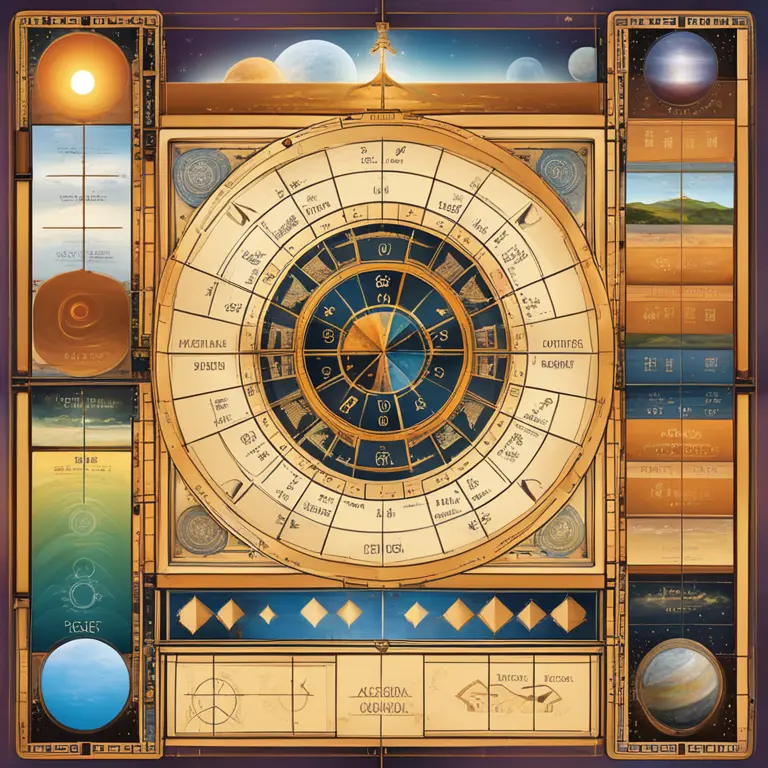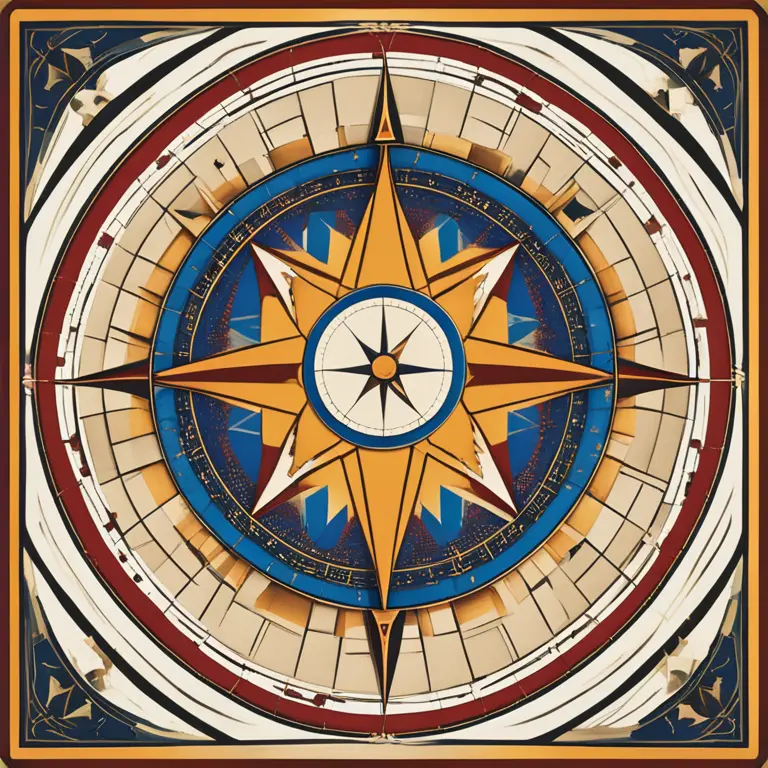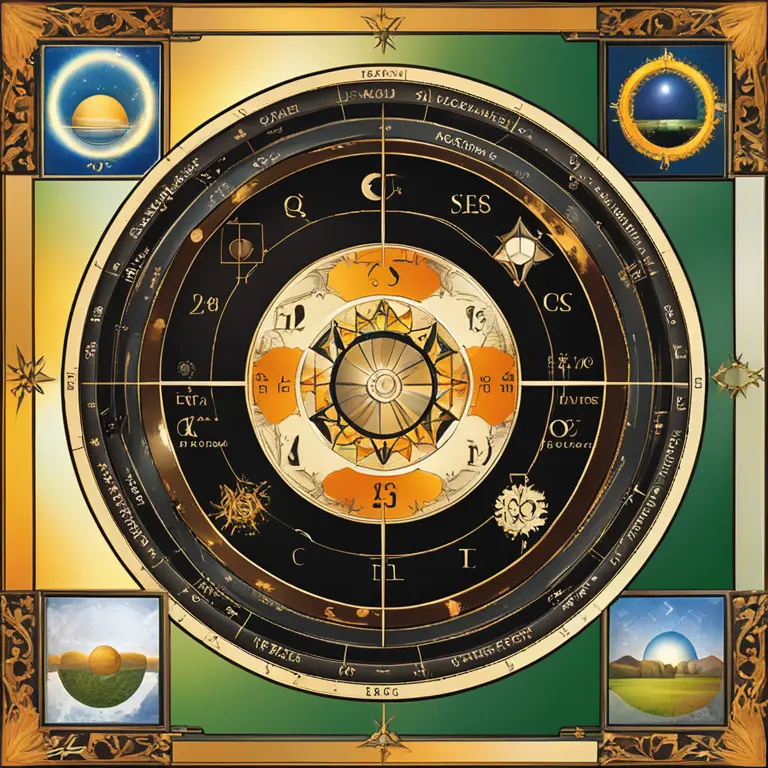
The Foundations of Astro Houses
Delve into the principles of how astrology houses are determined and their impact on your astrological chart.
article by Priya Deshmukh
Introduction to Astrology Houses
Astrology's multifaceted system offers insights into various aspects of life through the twelve houses. These houses represent different areas of experience and are integral to interpreting a natal chart. Their determination is pivotal in understanding how celestial bodies influence an individual's journey. In this article, we illuminate the process of pinpointing astrology houses and their significance for post-2024 astrological analysis.

The Birth Chart as a Starting Point
The foundation for determining astrology houses begins with the birth chart. This personalized map of the sky delineates the planets' positions at the exact moment of birth. Integral to this is the Ascendant or Rising Sign, the zodiac constellation on the eastern horizon, which anchors the first house. From there, various house systems can be applied, interpreting the way the sky is divided and how each sector aligns with life experiences and individual disposition.

The Role of the Ascendant
The Ascendant is a crucial marker because it defines the cusp of the first house. This point reflects one's approach to life and inherent persona. When calculating the houses, it's essential to have an accurate birth time. The Ascendant changes zodiac signs approximately every two hours, highlighting the necessity for precision; a slight variance in time can significantly alter the house placements within an astrological chart.

House Systems in Astrology
Astrologers often choose from various house systems such as Placidus, Equal House, and Whole Sign among others. The Placidus system, the most widely used, calculates houses based on the time and place of birth, factoring in the Earth's rotation and the ecliptic's intersection with the horizon. The Equal House system, on the other hand, gives each house exactly 30 degrees regardless of the ecliptic. The Whole Sign system assigns an entire zodiac sign to each house. The chosen system influences the house cusps and planet allocation, thus impacting astrological readings.

Interpreting the Houses
Each house governs distinct facets of life—from self-identity, resources, communication, and family to relationships, career, and beyond. For instance, the second house rules wealth and possessions, while the seventh focuses on partnerships. By plotting planets and zodiac signs into these houses, astrologers can forecast nuanced perspectives and tendencies for the upcoming years, like the transformative energies in the workforce expected for 2024 and beyond.
Relevance to Modern Astrology
Astrology houses hold enduring relevance today, even as the field evolves with new astronomical discoveries and societal shifts. Modern astrology integrates traditional wisdom with contemporary lived experiences, aligning foresights with current sensibilities. Astrologers today can utilize these time-tested techniques to provide guidance that resonates with the ever-changing dynamics of the modern world and personal growth trajectories.
Conclusion: Personalizing Astrological Houses
An individualized astrology reading with correctly determined houses can offer profound insights. As astrology continues to intrigue and guide many, understanding how these houses are delineated reinforces its value and precision. Whether seeking self-knowledge or navigating future trends, the mastery of astrology houses remains a cornerstone of this enduring esoteric science.
Published: 1/17/2024
Modified: 1/17/2024
More predictions
Come back here soon to learn more about yourself and your future


The Foundations of Astrology: A Guide to the 12 Houses
Delve into the core aspects of astrology through the 12 houses, each shaping the blueprint of one's life and destiny within the celestial framework.


Astrological Houses Guide: Your Cosmic Blueprint
Discover the significance of astrological houses in your natal chart and what they reveal about your life path, personality, and future.